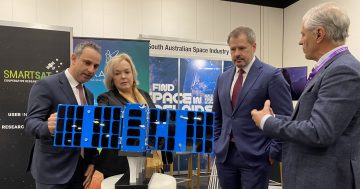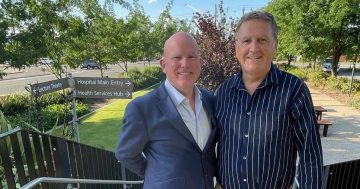 Two researchers from the University of Queensland are among an international team of 42 experts outlining ways to manage life during the COVID-19 pandemic, using existing research from the social and behavioural sciences.
Two researchers from the University of Queensland are among an international team of 42 experts outlining ways to manage life during the COVID-19 pandemic, using existing research from the social and behavioural sciences.
The team, from more than 20 universities across the globe, reviewed research relevant to pandemics including work on navigating threats, social and cultural influences on behaviour, science communication, moral decision-making, leadership, stress and coping.
Professor Alex Haslam said the aim was to better equip policymakers, leaders and the public during these difficult times.
“By applying the knowledge gained from earlier research, we hope that public health experts will be better equipped to communicate effectively and drive behaviour change in a manner that yields global benefits,” Professor Haslam said.
An expert in leadership and group processes, Professor Haslam said past studies had clarified what leaders needed to do to promote trust and cooperation.
“During crises like the COVID-19 pandemic, effective leadership can help reduce people’s uncertainty and provide them with a sense of collective purpose,” he said.
“Also a large body of research suggests that leaders who cultivate a sense that ‘we are all in this together’ are much more likely to rally people behind their initiatives and to encourage cooperation as well as productive forms of citizenship.”
Professor Jolanda Jetten advocated renaming the term ‘social distancing’ to ‘physical distancing’.
“The idea of distancing clashes with the deep-seated human instinct to connect with others, especially during challenging times,” Professor Jetten said.
“Social connection helps people regulate their feelings, cope with stress and remain resilient during difficult times.”
She said loneliness and social isolation worsened a person’s stress, and produced negative effects on mental, cardiovascular and immune health.
Professor Jetten said it was important to think of ways to stay socially connected while physically apart in these challenging times.
“Deep social connection with a broader community is possible, even when people are physically apart, through the use of technology,” she said.
“Online forums have long served as hubs for mutual support and psychological well-being among individuals with illnesses. Other technologies, such as FaceTime and Zoom, are particularly valuable in staying connected while physically apart,” she said.











